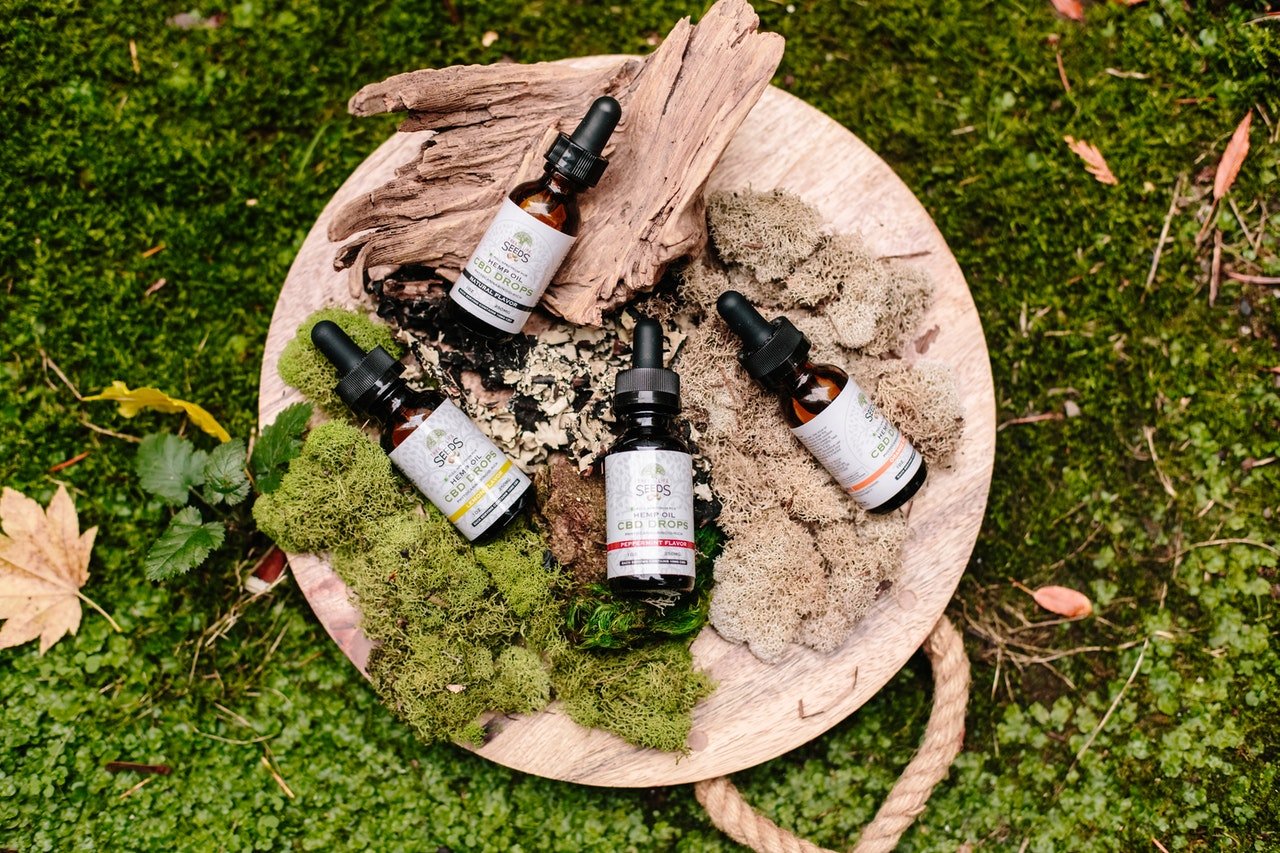Table of Contents
CBD has been popping up more and more in mainstream media as a natural remedy that many people are using for a variety of reasons including helping reduce anxiety, depression, and pain. One question that often comes up at the CBD store at SmokePost Wicker Park, is whether or not CBD is safe for your teeth. This post will explore some of the potential impacts of consuming CBD oil on your teeth.
With the passing of the 2018 Farm Bill, hemp-derived CBD is now federally legal in all 50 states. This means that you no longer have to worry about purchasing CBD products that are derived from hemp plants as long as the product has less than 0.3% THC. This legalization has led to a CBD boom, with new CBD products hitting the market as CBD news pops up more and more in mainstream media.
Though research is still ongoing, there is some evidence that CBD helps in many conditions including pain management, and has become a favorable alternative to opioids.
There is a misconception that CBD oil is more like a magic treatment that cannot impact you negatively. This is far from the case. Regardless of how you consume it, CBD can impact you both positively and negatively. Having said that, let’s discuss how CBD may be impacting your teeth.
The Benefit of CBD for Your Oral Health
Studies have shown that CBD has substantial for managing several conditions including:
- Chronic pain
- Depression, anxiety, and other psychological conditions
- Autoimmune disease like Crohn’s disease
- Neurological disorders like epilepsy
When it comes to oral health, CBD oil may have a beneficial effect. CBD has been shown to:
To reduce inflammation and pain in oral cavities. CBD helps improve oral health by reducing tooth pain, sensitivity, and inflammation in the gums. The most ideal way of consuming CBD for the relief of tooth pain is to use CBD as an oral spray, tincture, or oil on the affected area.
Boost confidence at the dentist by reducing anxiety. CBD has been shown to help reduce anxiety related to dental procedures, especially for young children. This is because CBD helps manage pain effectively and also reduces stress and anxiety.
Minimize the risk of gum disease. CBD has anti-inflammatory and antioxidant properties that help with combating gum diseases such as periodontitis. periodontitis is a gum disease that starts as gingivitis, which is inflammation of the gums due to plaque and bacteria. If left untreated, it can progress to periodontitis, which is the destruction of the tissues that support the teeth resulting in tooth loss.
Aid in recovery after surgery. After a tooth extraction or other oral surgery, CBD can be used to help with the healing process. CBD helps reduce inflammation and pain. It also helps fight bacteria, and can also speed up the healing process. All these benefits come without the addictive and harmful side effects of conventional prescription medication.
Now that you know some of CBD’s benefits, let’s look at the ways CBD may be compromising your oral health.
How CBD May Be Compromising Your Teeth
Here are some drawbacks of CBD that you should be aware of:
CBD use can affect anesthesia. Ongoing research shows that using CBD regularly may impact anesthetics used in dental procedures. The studies show that CBD interacts with epinephrine, a component in local anesthetics., resulting in prolonged rapid heartbeat rates. Therefore it’s important for CBD users to inform the dentist of their CBD use before undergoing a dental procedure.
CBD use can reduce saliva production. Saliva is an essential component to maintain optimal oral health. It helps prevent tooth decay and washes away harmful bacteria that cause gum disease and bad breath. Vaping CBD can reduce saliva production, which in turn can increase the risk of tooth decay and gum disease.
CBD can interact with blood thinners. CBD can interact with blood thinners, such as ibuprofen and warfarin, increasing the risk of excessive bleeding during and after dental procedures.
CBD is a valuable resource for managing many conditions, but it can also have some drawbacks. For example, CBD may impact how anesthetics are metabolized during dental procedures by increasing the heart rate of individuals who use it regularly. It has also been shown to reduce saliva production and interact with blood thinners like ibuprofen or warfarin to increase bleeding after oral surgery. However, these negative effects should not be taken as a cause to avoid CBD altogether- rather, they provide important information about its potential side effects that must be considered before use in order to maintain optimal oral health.

